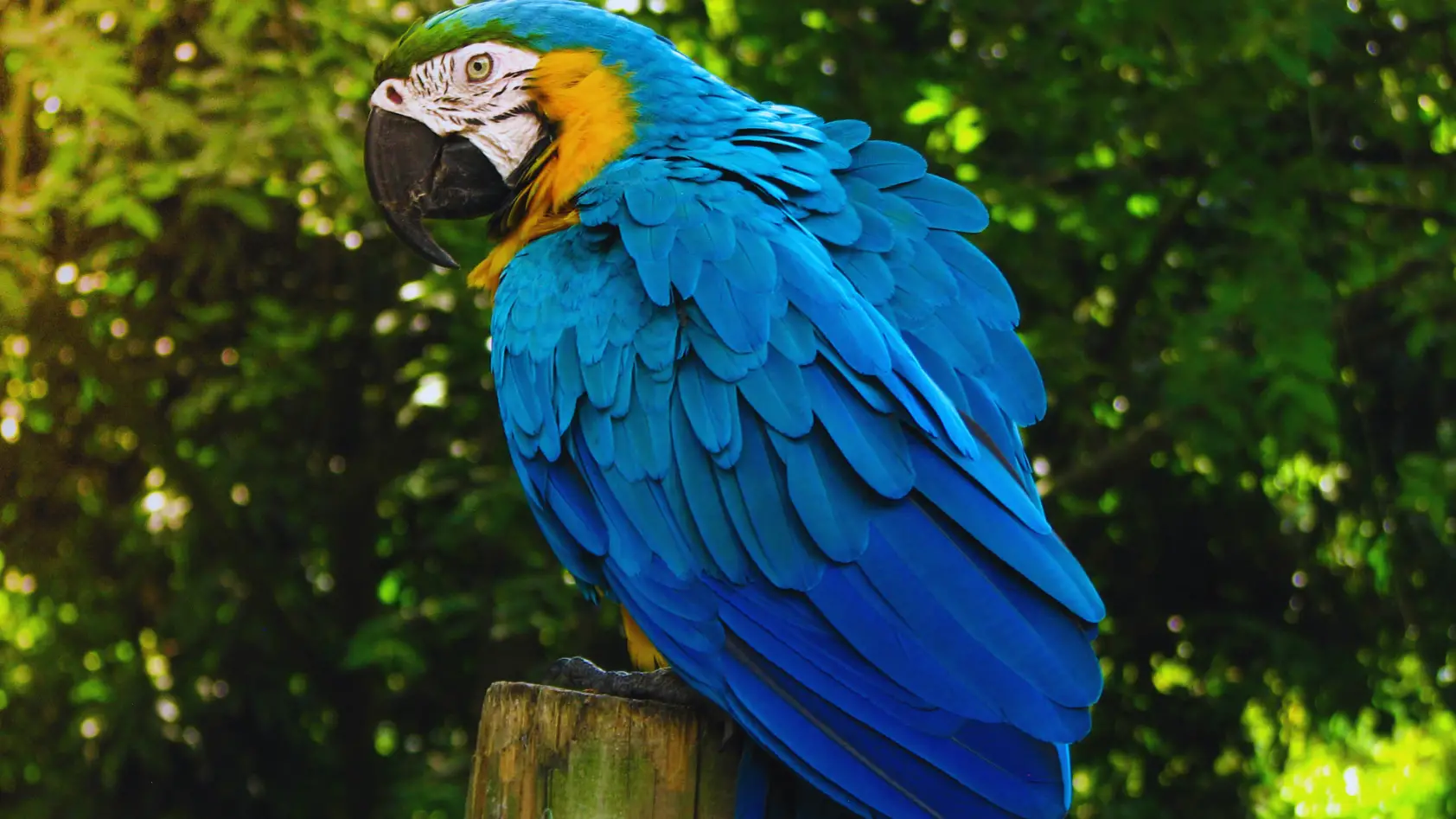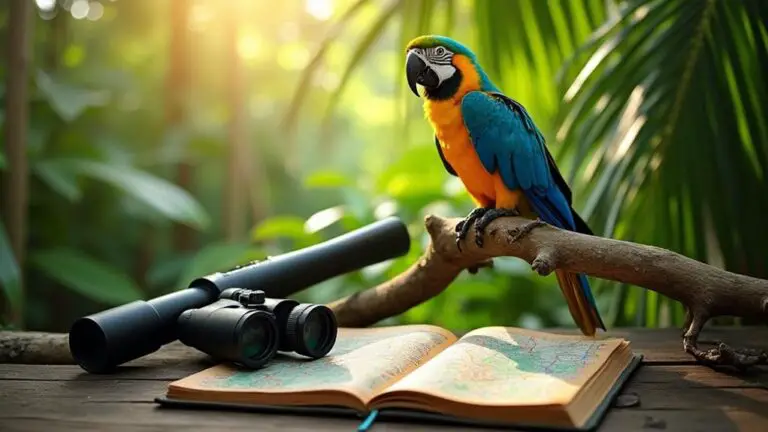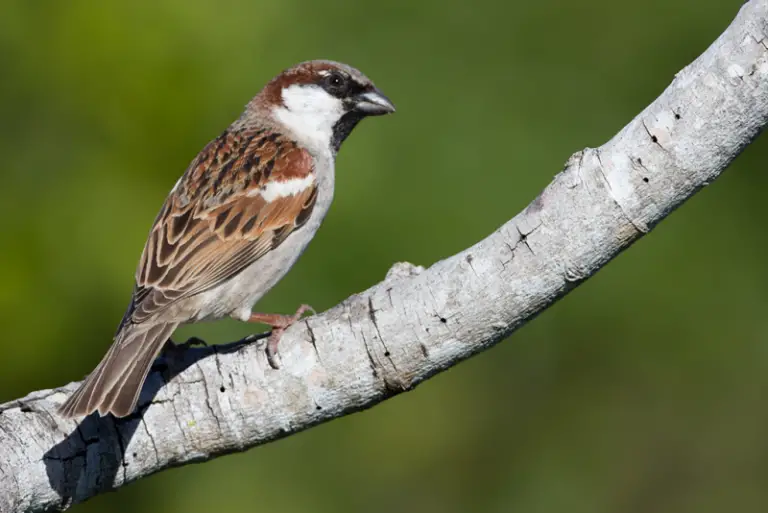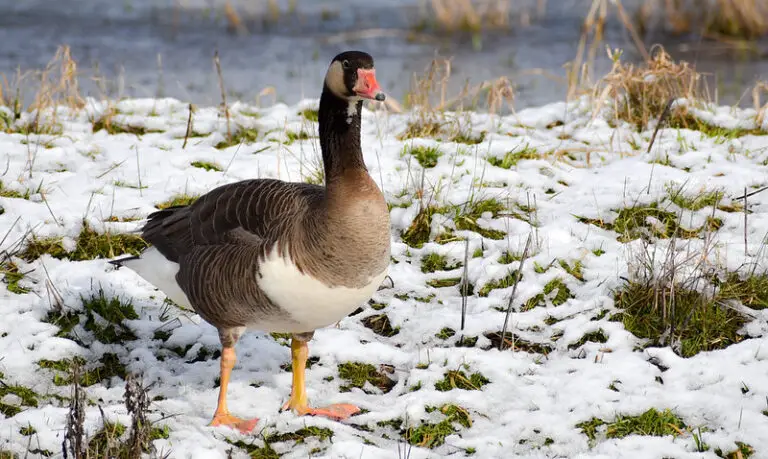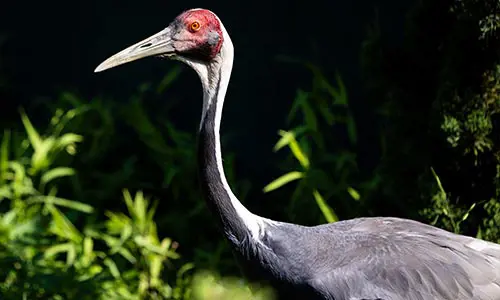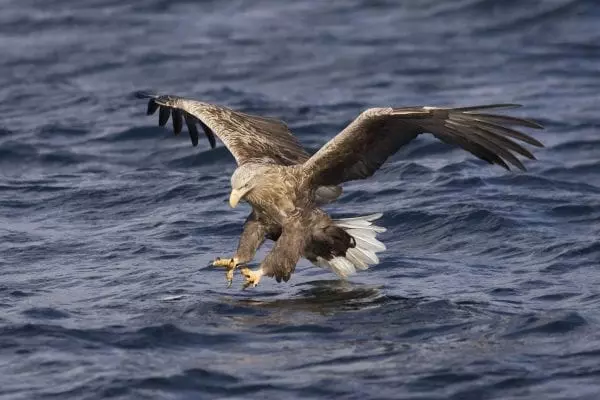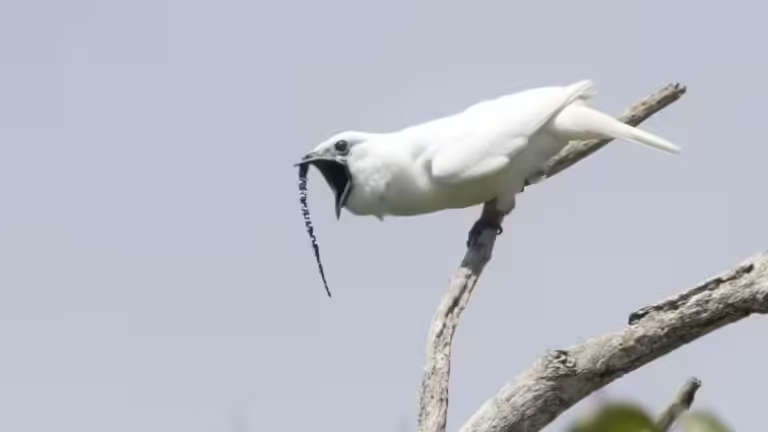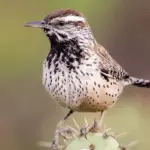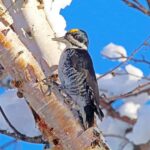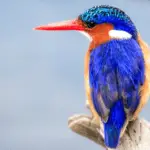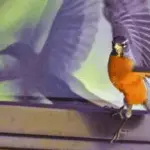When it comes to avian elegance, the hyacinth macaw stands tall as the largest and most magnificent of all macaw species. These vibrant blue feathered creatures, also known as blue macaws, make an unforgettable impression. However, due to their rarity and unique needs, owning a hyacinth macaw is no small endeavor. In this comprehensive guide, we delve into the costs and considerations involved in welcoming one of these majestic birds into your life.
How Much Does a Hyacinth Macaw Cost?
Hyacinth Macaw Prices Chart
Before embarking on the journey of Hyacinth Macaw ownership, it’s essential to understand the financial commitment involved. The cost of acquiring a Hyacinth Macaw can vary significantly based on several factors, including the bird’s age and level of human interaction.
1. Blue Hyacinth Macaw Price
- Price Range: $6,000 to $40,000 (on average)
- Why? The allure of the blue feathers and yellow cheeks makes blue Hyacinth Macaws highly sought after, but their rarity contributes to their steep price tag.
2. Purple Hyacinth Macaw Price
- Price Range: Varied
- Note: Purple hues in Hyacinth Macaw feathers are a result of certain lighting conditions rather than a distinct variety. Purple variants, when available, can command higher prices due to their uniqueness.
3. Red Hyacinth Macaw Price
- Price Range: $2000 and $3000
- Note: Hyacinth Macaws are renowned for their vivid blue plumage, and there are no recognized red variants. For those seeking a red macaw, the Scarlet Macaw is a suitable alternative.
Bringing Home a New Hyacinth Macaw: One-Time Costs
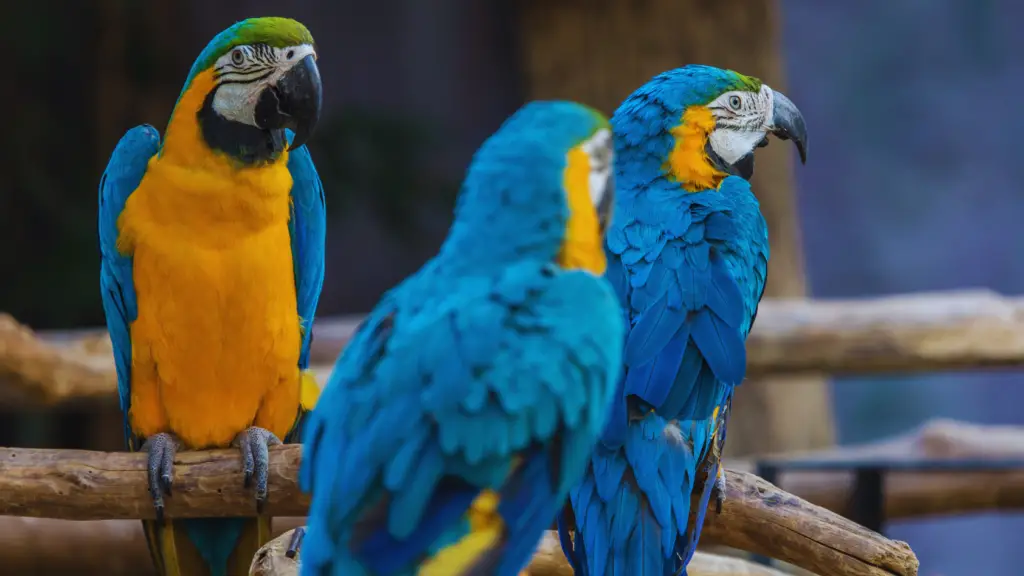
Price Tag
Hyacinth macaws, being a rare species, come with a price tag that reflects their scarcity. The cost of acquiring a blue macaw is significantly higher compared to more common macaw species. This rarity also means that finding one for sale can be quite challenging. For example, blue and gold macaws, due to their widespread availability, have considerably lower price tags.
Adoption
While adoption is a more economical option, hyacinth macaws are seldom available for adoption. However, with patience and dedication, you may discover one through an exotic bird rescue organization. These birds often outlive their owners, leading them to be rehomed in rescues.
Breeder Investment
The most substantial one-time cost in owning a hyacinth macaw is the purchase price, which can range from $5,000 to well over $12,000. The age and tameness of the macaw will influence its price. Be cautious of unrealistically low prices, as scams are regrettably common in the market.
A critical consideration when buying a hyacinth macaw is ensuring that it is a captive-bred bird from a reputable breeder. Capturing them from the wild is illegal, and owning an illegal bird can lead to significant fines.
Initial Setup and Supplies
In addition to the macaw’s purchase cost, you need to budget for initial setup and supplies. This includes a spacious cage or habitat, veterinary expenses, and possibly even shipping costs. Ensuring your macaw’s living situation is ready before bringing them home is crucial.
List of Hyacinth Macaw Care Supplies and Costs:
- Cage: $1,000–$3,000
- Shipping Costs: $50–$90
- Vet Exam/Shots: $50–$200
- Travel Cage: $200
- Toys: $45–$55
- Perches: $15–$65/each
- Cage Light: $85–$135
- Nail/Wing Clipper (optional): $8
- Cage Liners: $20
- Cage Cleaner: $8
- Flight Harness: $35
- Food and Water Bowls: $10
Ongoing Monthly Costs
After the initial setup, there are recurring monthly expenses to consider in the care of your hyacinth macaw. The primary monthly cost is food, as these birds require a specialized diet compared to other macaw species. Additional monthly expenses include veterinary care, toys, and maintaining a clean living space for your bird.
Health Care
- Monthly Cost: $45–$436
- Hyacinth macaw health maintenance encompasses more than just annual vet visits. Proper diet and regular trimming of beak, nails, and wings are essential. Pet insurance can help cover unexpected health care costs.
Food
- Monthly Cost: $40–$60
- Hyacinth macaws require a diet with higher fat content than other macaw species. In addition to high-quality pellet food, they need a daily serving of nuts to meet their fat requirements. Fresh fruits and vegetables are also a staple in their diet, resulting in higher monthly food expenses due to their size and appetite.
Grooming
- Monthly Cost: $0–$60
- While hyacinth macaws are generally good at self-maintenance, regular nail, beak, and wing trimming is necessary. It’s advisable to have a veterinarian or groomer handle beak trimming.
Medications and Vet Visits
- Monthly Cost: $0–$300
- Regular check-ups with an exotic pet veterinarian are essential. As your macaw ages, it may require medications or more frequent vet visits. Hyacinth macaws have a longer lifespan than dogs or cats, sometimes up to 60 years.
Pet Insurance
- Monthly Cost: $5–$16
- Pet insurance can help cover emergency medical expenses and some routine care, potentially saving you money in the long run.
Environment Maintenance
- Monthly Cost: $28
- Hyacinth macaws, due to their size, can be messy. Budget for routine cleaning of their living space and replacing toys regularly.
Cage liners: $20/month
Cage cleaner: $8/month
Entertainment: $50–$60/month
Total Monthly Cost of Owning a Hyacinth Macaw
- Monthly Cost Range: $123–$524
These estimates may vary based on your location and the age of your macaw. Hyacinth macaws are social birds, so consider providing companionship, which can influence costs.
Additional Costs to Consider
Owning a hyacinth macaw involves additional or unexpected costs, such as boarding or pet-sitting when you’re away, which can range from $15 to $65 per day. It’s also wise to maintain an emergency fund of $1,000–$1,500 for unforeseen medical bills or repairs caused by your macaw’s natural behaviors.
Owning a Hyacinth Macaw on a Budget
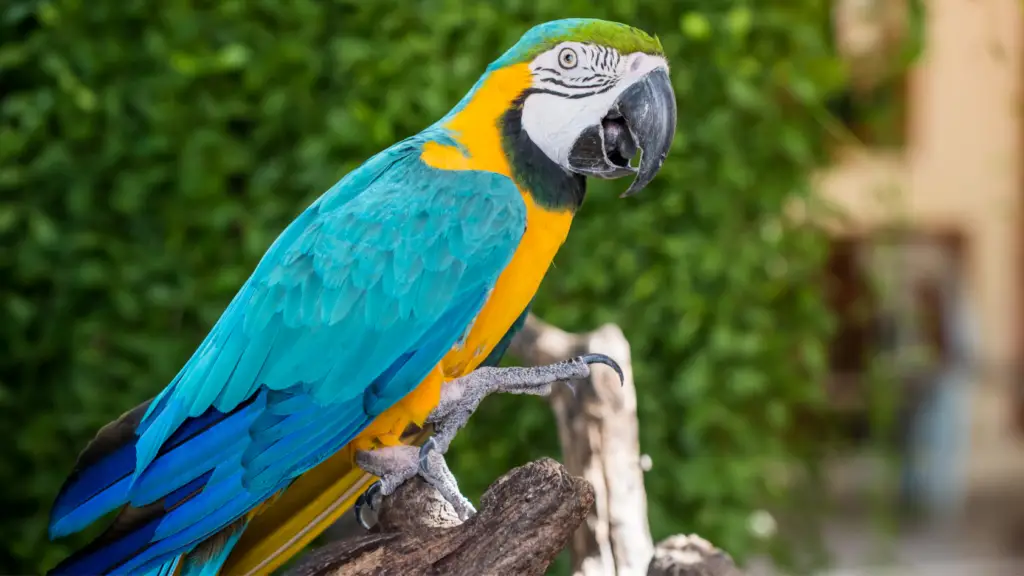
Regrettably, there are limited cost-cutting options when it comes to owning a hyacinth macaw, as the initial purchase price is substantial. However, if space allows, providing a dedicated room for your macaw instead of a large cage can save money and enhance your bird’s well-being.
Other strategies to reduce costs include buying nuts and pellet food in bulk and investing in pet insurance for long-term savings.
Useful Guide Before Buying a Hyacinth Macaw
Here are some important things to consider before buying a Hyacinth Macaw:
- Research their needs – Hyacinths are extremely large, powerful parrots requiring a huge, very tall cage and a minimum of 4 hours outside daily. Are you able to meet these needs?
- Lifespan – Hyacinths can live 80+ years. Are you committed to caring for this bird for the rest of its natural life? Its needs won’t change as it ages.
- Cost – Hyacinths are expensive, $10,000-30,000 depending on age/trainin. Are you prepared for medical, food and toy costs for decades?
- Strength – Hyacinths are incredibly strong. Their beaks can easily break skin or crush bones. Make sure to provide appropriate toys and the ability to exercise these instincts.
- Noise – Hyacinths have an extremely loud, low-frequency scream. Can neighbors tolerate this? Do you live in an area where noise won’t disturb others?
- Training – Hyacinths need extensive, gentle training to bond with owners. Are you willing to commit years to positive training methods?
- Social – Hyacinths require same-species socialization and may not bond exclusively with humans. Are you able to provide opportunities for it to interact with other hyacinths?
Thoroughly researching the long-term commitment and special care needs of hyacinths is crucial before deciding to purchase one of these magnificent but challenging parrots. Their needs are not suitable for all lifestyles or living situations.
Final Thoughts
Bringing a hyacinth macaw into your life is a significant financial commitment. Beyond the initial purchase cost, ongoing expenses add up. Moreover, you must consider the time and attention requirements of these long-lived birds, as they can live up to 60 years. Ensure you have a plan for their care should they outlive you. Hyacinth macaws demand experienced ownership and a high level of commitment, making them a pet that is not easily accommodated on a budget. If you’re new to pet birds, it’s advisable to consider a less expensive and more manageable option.
Hyacinth Macaw Price: FAQs
The hyacinth macaw is considered by many to be the largest, most majestic parrot species. Native to central and eastern South America, these large blue birds can live to 60+ years in human care. Their impressive size, distinct calls and striking appearance make them a desirable exotic pet. However, their high price of hyacinth macaw and specialized needs mean they are not suited for all homes. Here are some common questions answered about owning these beautiful birds.
How Much Do Hyacinth Macaws Cost?
A well-bred, hand-tame hyacinth macaw can easily fetch $1,000-$15,000 depending on age, gender and other factors. Wild-caught birds are illegal to purchase, as it is illegal to capture them from their natural macaws range.
What Do Hyacinth Macaws Eat?
As largest of all macaw species, their diet needs are substantial. Expect to provide fresh fruits and veggies, a high-quality pellet or chop diet, nuts and seeds daily to keep this large bird properly macaw healthy.
What Type of Care Do They Need?
Hyacinth macaws need a spacious, ideally outdoor, enclosure with branches and toys. They are very social and expect at least 4-6 hours of human interaction and care for your blue macaw at home. Without sufficient attention and environmental needs, behavioral issues can arise.
Are Hyacinth Macaws Good Pets?
While visually stunning, hyacinth macaws may not make ideal companion parrots for every home. Their loud calls, strong bites and long lifespan mean a decades-long commitment to properly caring for these impressive but demanding birds. Only experienced handlers interested in dedicating the time and resources should consider bringing home one of these largest of all macaw species.
Are Hyacinth Macaws endangered?
Yes, hyacinth macaws are considered endangered. Here are some key points about their conservation status:
- Hyacinth macaws are listed as Endangered on the IUCN Red List due to habitat loss and trapping for the pet trade. Their population in the wild is declining.
- Their natural habitat spans areas of Brazil, Bolivia, Paraguay and northern Argentina. Deforestation of the Atlantic Forest and cerrado biomes have greatly reduced suitable habitat.
- It is estimated that fewer than 5,000 hyacinth macaws remain in the wild. Some areas where they were historically found, such as parts of Brazil, no longer have breeding populations.
- Trapping hyacinth macaws for the international pet trade was a major threat historically. Although now illegal, wildlife trafficking continues to impact the species.
- Additional threats include mortality from power lines, pesticide use near feeding areas, and competition with Africanized bees for nesting sites.
- Due to severe population declines, hyacinth macaws are classified as Endangered at both the global and national levels within their range countries. Conservation efforts are focused on habitat protection and environmental education.
So in summary, yes the hyacinth macaw’s endangered status is largely due to extensive loss of its Atlantic Forest and cerrado habitat, as well as historical trapping for the pet trade. Ongoing conservation initiatives aim to prevent further decline.

